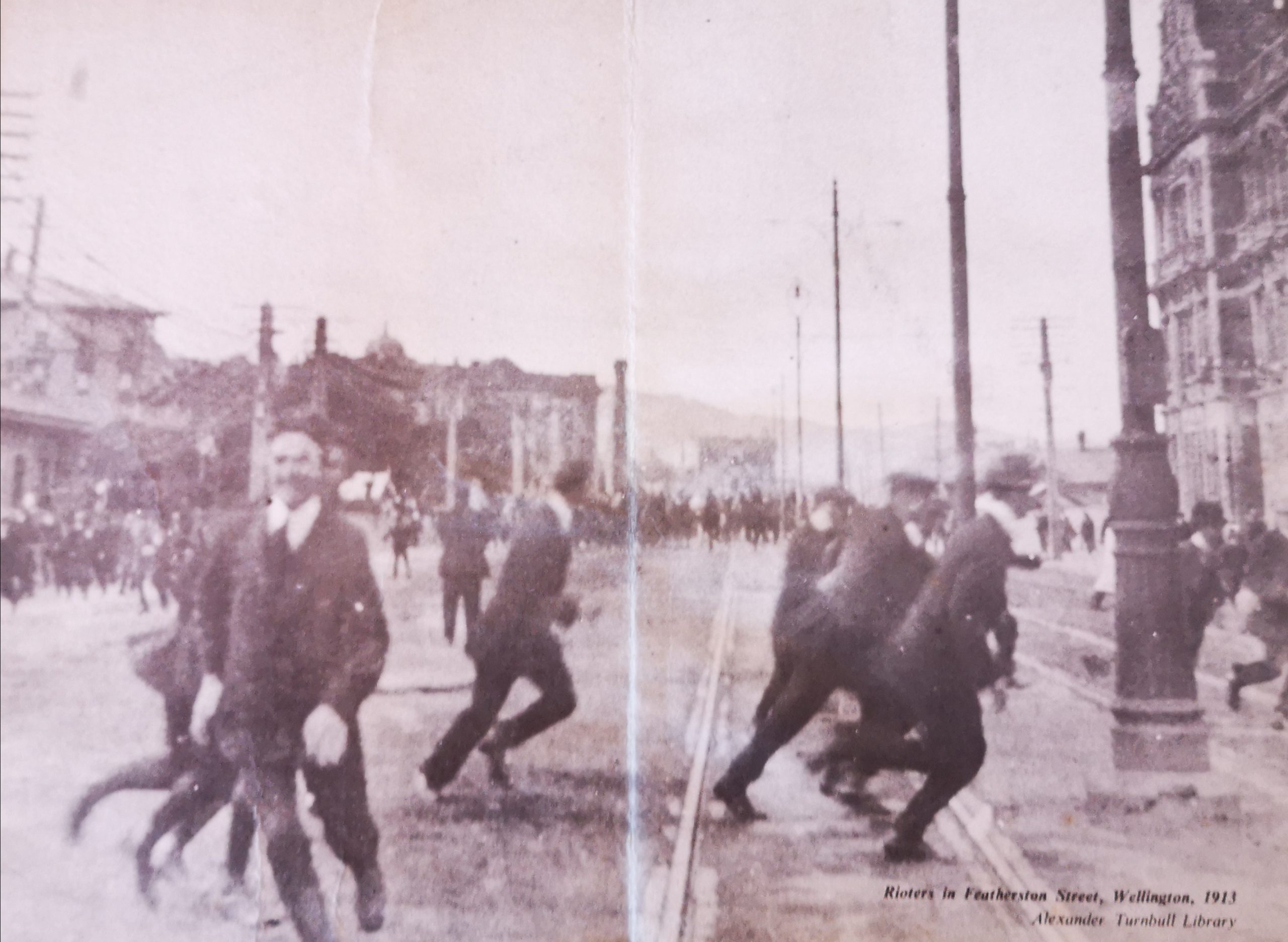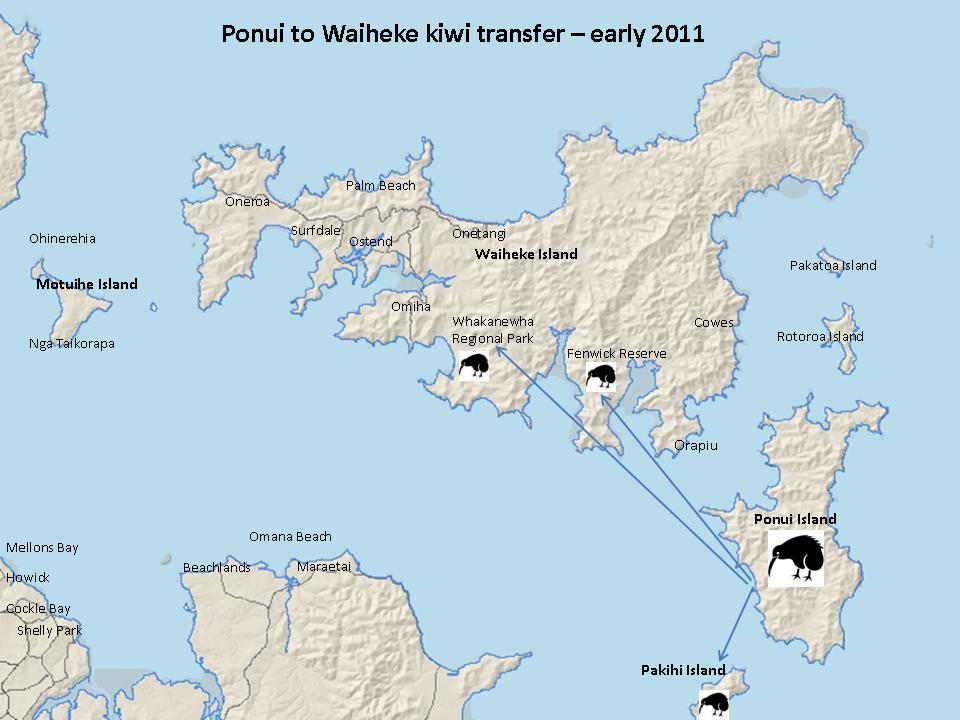Facing up to history – 2013 and the year of anniversaries
As the year 2013 hurries to its close it is worth noting how many important historic anniversaries occurred this year. It is also interesting to note that we chose to ignore most of them. But does this amnesia help foster national maturity? Our current attitude to history brings to mind the words of the Roman Cicero – ‘to live in ignorance of the transactions of the past – is to always live as a child’
Perhaps the most significant anniversary was that of the New Zealand Wars invasion of the Waikato 150 years ago. On 12 July 1863 the British General Duncan Cameron leading his troops south from Auckland crossed the Mangatawhiri River into the lands of the Maori King. On 20 November the first major battle in the war began at Rangiriri with heavy casualties on both sides. The rows of graves of many of the fallen are still there within earshot of the traffic on State Highway 1. The invasion was followed by the confiscation of some 12,000 km² of Maori land. In 1995 the New Zealand government as part of a Treaty of Waitangi settlement signed by the Queen conceded that the 1863 invasion was wrong, apologised for its actions and committed to paying compensation.
Given those sensitivities it is understandable (but probably not healthy) that the the government chose not to commemorate this event. If the New Zealand Wars were in some ways the New Zealand equivalent of the American Civil War (which was taking place at the same time) there were other resonances.
This year also saw the 150th anniversary of the abolition of slavery in New Zealand. The proclamation of manumission by the New Zealand government in 1863 freeing all slaves was aimed at Maori tribes then considered to be in rebellion against the Crown. The signing of the Treaty of Waitangi had theoretically outlawed slavery in 1840 – but slavery had persisted, especially amongst the Taranaki tribes which had invaded the Chathams in the 1830s. This anniversary of this little-known historical event not surprisingly also passed without acknowledgement.

1913 Great Maritime Strike. The nearest Pakeha came to civil war. Rioters under fire in Featherston Street Wellington.
November was also the 100th anniversary of the outbreak of the Great Maritime Strike – a social upheaval which came close to civil war – this time a civll war between Pakeha. In 1913 the newly-elected conservative Reform government led by a hardline Ulsterman William Massey set out to crack down on the unions – especially those associated with the militant ‘red’ Federation of Labour. In Waihi industrial unrest in 1912 had led to violence in which a unionist had been beaten to death. In 1913 the sacking of miners at Huntly provoked a wave sympathy strikes. The government in response recruited thousands of mounted ‘special constables’ mainly from the countryside (South Auckland and the Waikato in Auckland’s case) to suppress the strikers. On 8 November 800 mounted specials armed with batons and revolvers – dubbed by the strikers ‘Massey’s Cossacks’ – invaded the working class suburbs of inner Auckland, cleared Quay street of picketers and seized control of the wharves. Similar events took place in Wellington, Lyttelton and Dunedin. This triggered a nationwide general strike. Royal navy warships appeared in Auckland and Wellington harbours. Bluejackets drilled with fixed bayonets. Machine guns were set up.
In Auckland 7000 unionists downed tools, trams stopped running, hotel staff walked out – even jockeys and paper boys struck. When the word got out that the specials had been issued with revolvers – the gunsmith shops in Auckland and Wellington were emptied (firearms not being licensed in those days). Rather than being intimidated residents from the working class suburbs of Ponsonby and Freemans Bay fought pitched street battles with farmers from the Waikato. There was a great deal of violence, including shooting from both sides. While there were many woundings and broken bones – miraculously no one was killed. In Wellington while the trams did not go on strike, nevertheless specials were thrown off trams if they tried to board. Tram drivers if they saw mounted horsemen anywhere near the tracks charged, bells clanging. Council workers refused to clean the mounting piles of horse droppings from the street. One of the special’s horses dropped dead and when the Cossacks thoughtfully donated it to the zoo to feed the lions – zoo workers refused to handle it. Inevitably the government prevailed. But as Barry Gustafson wrote in Michael King’s History of New Zealand the use of and the brutality of the special constables ‘poisoned relations between town and country and helped polarise New Zealand politics for a generation’. That being said two of the Auckland strike leaders Michael Joseph Savage of O’Neill Street, Ponsonby and Peter Frazer across Freemans Bay in Hobson Street rose to become Labour prime ministers of New Zealand.
While Wellington commemorated the Great Maritime Strike with balance and objectivity – and a certain amount of flare (there were re-enacted street battles between ‘cossacks’ and ‘red feds’) Auckland chose to ignore it. That is save for a one-sided dumbed-down tribute to Massey’s Cossacks’ (on Queens Wharf of all places!) headed ‘Who loves a scrap?’. I am now working with Waterfront Auckland, the Maritime Museum and Trade Union historian Dean Parker to achieve a more balanced and considered interpretation. Ironically it was the outbreak of the Great War in July 1914 that helped bring the country back together again. But at what cost. Next year will see the centenary of the beginning of the Great War. Thankfully preparations are well in train at both central government and local government level including service organisations like the RSA to ensure these events, which were so important to New Zealand and for so many New Zealand families, will be properly commemorated. In doing this I am confident only good can come of it.
(and to commemorate another anniversary, the assassination of President John F. Kennedy 50 years ago see: http://52.62.142.163/2013/11/november-in-dallas-farewell-to-the-20th-century-mike-lee-concludes-his-1999-political-travelogue/)
This article published in the December issue of Ponsonby News



